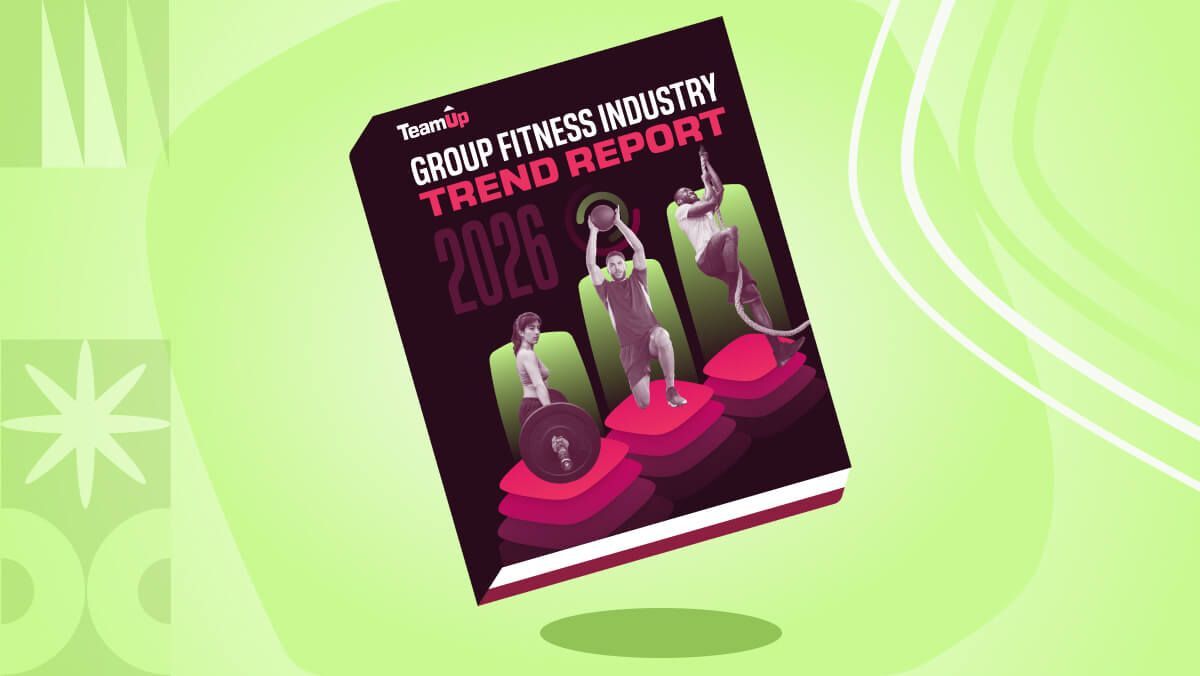With rising costs and expenses, it's more important than ever to protect yourself and circumvent any challenges that may arise due to current economic activity.
In this installment of our recession-proofing series, Cory Sterling, founder of the law firm Conscious Counsel, shares four value-packed tips on legally protecting yourself during inflation.
Listen to his podcast and read along below.
1. Use customized agreements
The first way to best protect yourself during inflation and economic crisis is to use customized agreements.
Using customized agreements is the most crucial part of protecting your money. Many businesses lose that money just because they didn't have the proper legal foundation in place at the start.
When you use an agreement you borrowed from a friend, copied from the internet, or something that's not specific to you and your business, your legal position is weak. Often, this means that you have to start investing a lot of money into resolving the issue legally as opposed to if you were to have had your documents set up correctly (specific and customized to your business) from the start.
A customized agreement means you are signing an agreement or a contract specifically designed for you and your business, such as a waiver of liability that covers how you operate or a specific client service agreement that outlines your relationship with your clients.
When a problem comes up — someone got injured, someone wants to sue, a staff member is displeased, or a member wants a massive refund, etc. — the way that it's going to get resolved is through the signed contract of the parties. With a customized agreement, you would just have to send your lawyer an email and say, "Hey, this person wants a refund, but they're not entitled to it. Can you please deal with it?"
2. Make sure that you're actually getting everything down in writing
The second point is to have your agreements signed. This is how it becomes binding: if there's a problem, you can show that you have a legally executed document specific to the relationship that you wanted to have.
Setting up your business properly and ensuring that you have everything signed and customized to you and your business are imperative. Due to the tense economic environment, people are becoming more desperate and litigious. At this current juncture, it's essential to keep the money that you have.
At the end of the day, the solution to a problem will take place through the written agreement. If you do not have a properly executed legal agreement, then you do not have a legal position, and everything becomes very obscure, challenging, and uncertain. You need to ensure that you're in a place to deal with an issue immediately and be able to dismiss any claim against you.
3. Get clear on the different relationships you have commercially
The third point that's highly relevant right now is being aware of your different relationships. The agreements are always going to determine your legal position and what your obligations are.
Let's say you're looking at your business model, and maybe revenue is down because the economy is operating differently. In this scenario, understanding your legal documents and relationships can be liberating because you know what you put down on paper for that relationship. More importantly, you can easily see if it benefits you and allows you the flexibility to pivot if needed.
There are three key questions to ask yourself when reviewing your relationships:
- Do they give you the flexibility to pivot?
- What are your rights if you need to make a quick change?
- What obligations do you have long-term? Because those expenses over the long term can really be challenging for you.
It's important to ask yourself questions such as, "Okay, what are my obligations to my landlord? What are my obligations to my teachers? What are my obligations to my students? If I have a business partner, what is my obligation to my business partner? If I'm renting equipment from a company and leasing equipment, what are my relationships with that? And what are the agreements saying?"
4. Be aware of your focus – what you're thinking about
The last point about how to protect yourself during inflation or economic crisis is focus. When you control where you focus and what you're thinking about, you can choose to focus on positive things.
What are you focusing on, and can you choose something positive to focus on? Can you celebrate the wins instead of being doom and gloom? What are the tools you have available in front of you right now to put your business in the best position to succeed? How can I invest more in the people you work with? How can I have a positive attitude and expect wonderful things?
For example, maybe if you're losing members, you could focus on the members that you have and how they could bring you referrals.
Take stock and ask yourself:
- Are you looking at the positive aspect of something or the negative aspect?
- Is the cup half empty or half full?
Remember, positive thinking always gets more momentum!
To learn more about Conscious Counsel, visit their website here and our TeamUp partner page here.
Cory Sterling is the founder of Conscious Counsel, an award-winning law firm that provides legal counsel and agreements for heart-leading fitness professionals and studio owners across the globe. Awarded Most Innovative Health & Wellness Law Firm of 2021 (Legal Elite Awards) and Most Innovative Legal Document Drafting & IP Firm (Acquisition International),Conscious Counsel is on a mission to transform the way legal services are offered by creating a fun, simple, peaceful and empowering experience working with the law.
For more resources for protecting your business during inflation check out these guides:
- How to recession-proof your business in 7 key steps
- 5 strategies to deal with inflation in your business
Thanks for reading!









